What Is a Search Engine Optimisation
Introduction of Search Engine Optimisation (SEO)
Search engine optimization (SEO) is a process that helps us to increase the visibility of our website so that it ranks number one on Google, Bing, and Yahoo. Its purpose is that when a user enters a word or phrase (called a keyword) in the search bar, your website should appear on top of the search results.
Why is it important? Imagine if you have the best product or service but no one is able to find you online, then SEO helps you stand out in the digital world. It brings traffic. It increases engagement. And finally, it increases your income.
How Algorithms Determine Search Results
Search engines like Google use algorithms—sets of rules or calculations—to decide how to rank websites. These algorithms consider many factors, such as how relevant your content is to the user’s query, the quality of your website, and how trustworthy other websites are to your content (measured through backlinks).
The Importance of Crawling, Indexing, and Ranking
For a website to move higher in search results, search engines first have to “crawl” it.
Crawling:- involves search engine bots (also called spiders) scanning your website’s content and structure.
Indexing:- After crawling, your site is “indexed”, that is, stored in the search engine’s large database.
Ranking:- Ranking comes next—search engines assign your site a position in search results based on relevance and quality.
Key Components of SEO
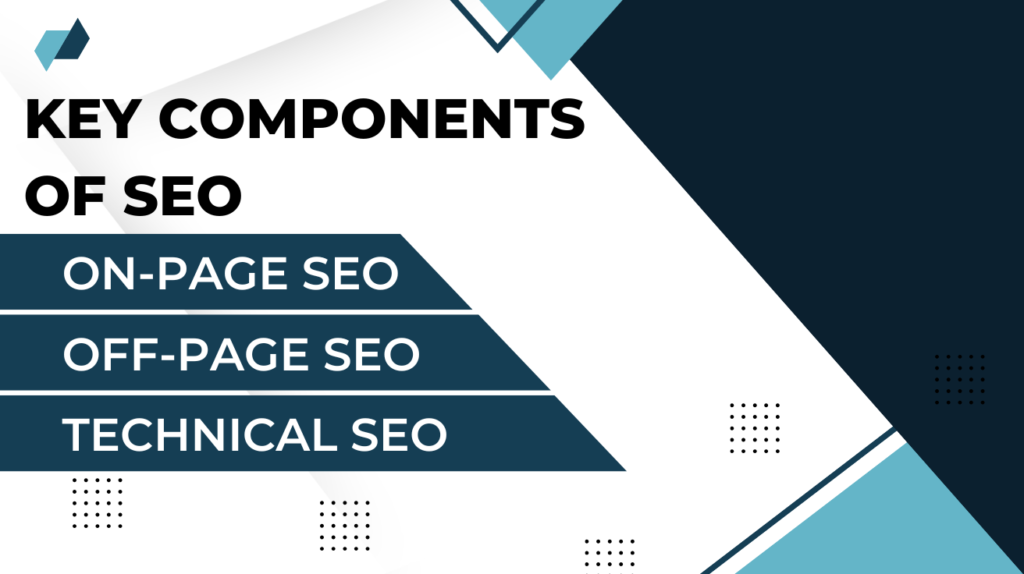
On-Page SEO
In On-page SEO we optimize the elements of our website so that search rankings improve. This includes making sure that your website has the right keywords, meta tags, and high-quality, engaging content.
Keyword Research and Usage
Keywords are phrases that users enter into search engines. Identifying the right keywords is the foundation of SEO. For example, if you run a digital marketing agency in New Delhi, relevant keywords would be “best digital marketing agency in Delhi”. Using these words strategically in your website can help you rank higher when someone searches for it.
Meta Tags Optimization
Title tag and meta description Meta tags tell search engines and users what your web pages are about. These appear in search results, so optimizing them with relevant keywords can hurt click-through rates and visibility.
Optimizing Content for SEO
SEO-friendly content is essential. This means writing content that is user-friendly and optimized for search engines. Use your primary keywords naturally in the text, and ensure that your content is well-organized with headings, bullet points, and internal links for easy navigation.
Off-Page SEO
Off-page SEO involves activities that happen outside of your website and help improve its ranking. This includes building backlinks, social media engagement, and managing your online reputation.
Backlinks and Their Importance
Backlinks are links from other websites that point to your site. These act as votes of confidence from other web pages. The more quality backlinks you have, the higher your website will rank because search engines consider your site more authoritative and trustworthy.
Social Signals and Their Influence on SEO
Social signals mean your website’s presence and activity on social media platforms. Social signals such as likes, shares, and comments do not directly influence search rankings, but they can generate traffic and engagement, which can indirectly boost your SEO performance.
Technical SEO
Technical SEO focuses on improving the technical aspects of your website to enhance its performance and make it easier for search engines to crawl and index.
Site Speed and Performance
Site Speed and Performance A fast-loading website is critical for SEO. Users expect websites to load within seconds, and search engines prioritize fast-loading pages in search results. Tools like Google PageSpeed Insights can help you measure and improve your site’s speed.
Mobile Friendliness
With over half of global web traffic coming from mobile devices, having a mobile-friendly website is no longer optional. Google’s mobile-first indexing means it primarily uses the mobile version of your site for ranking and indexing.
SSL Certificates and Site Security
A secure website builds trust with users and search engines. SSL certificates (indicated by the “https” in your URL) are essential for securing data and are considered a ranking factor by Google.
Why Keyword Research is the Foundation of SEO
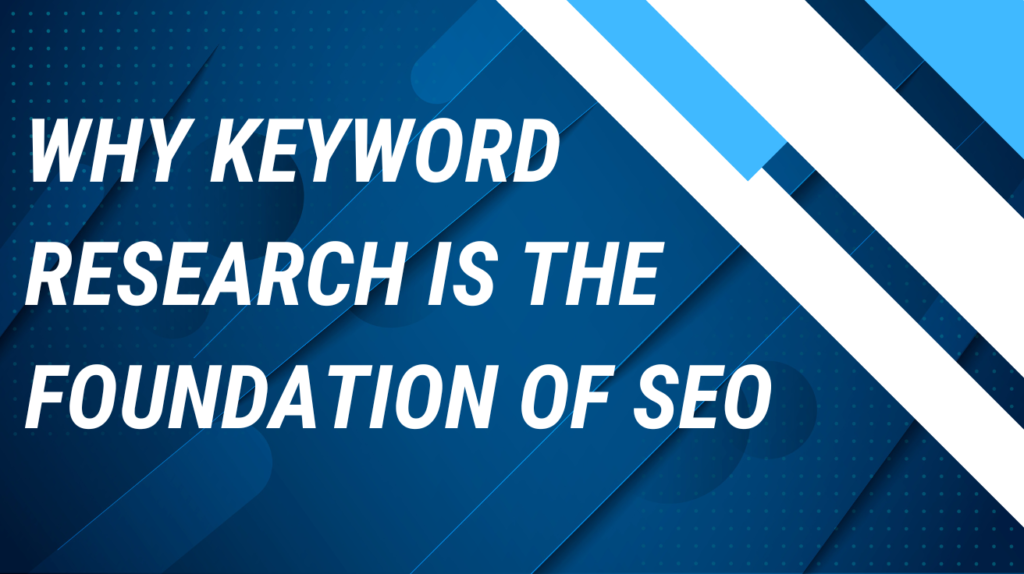
Keyword research is crucial because it gives you insight into what your audience is searching for, so you can tailor your content according to their needs.
How to Find the Right Keywords
Using tools like Google Keyword Planner, Ahrefs, or SEMrush you can discover which keywords your target audience is searching for. Find a balance between high search volume and low competition.
Long-Tail vs. Short-Tail Keywords
Long-tail keywords are more specific phrases, like “best burger in New Delhi,” while short-tail keywords are more generic, like “burger.” Long-tail keywords have less competition and are easier to rank for, even if their search volume is lower.
The Role of Content in SEO

Why High-Quality Content Matters
Content is king in SEO. Search engines want to give users the best possible information. If your content is valuable, well-written, and answers users’ questions, it has a higher chance of ranking higher.
How to Optimize Content for SEO
To optimize your content for SEO, focus on natural keyword integration, structure your content with headings and subheadings, and use internal and external links to improve navigation. Ensure that your content is easy to read and provides value.
Creating Content that Engages and Converts
Just attracting visitors is not enough—you want content to engage them and convert. Use compelling calls-to-action (CTAs), offer solutions to their problems, and ensure that your content can be easily shared across platforms.
Link Building: The Backbone of Off-Page SEO
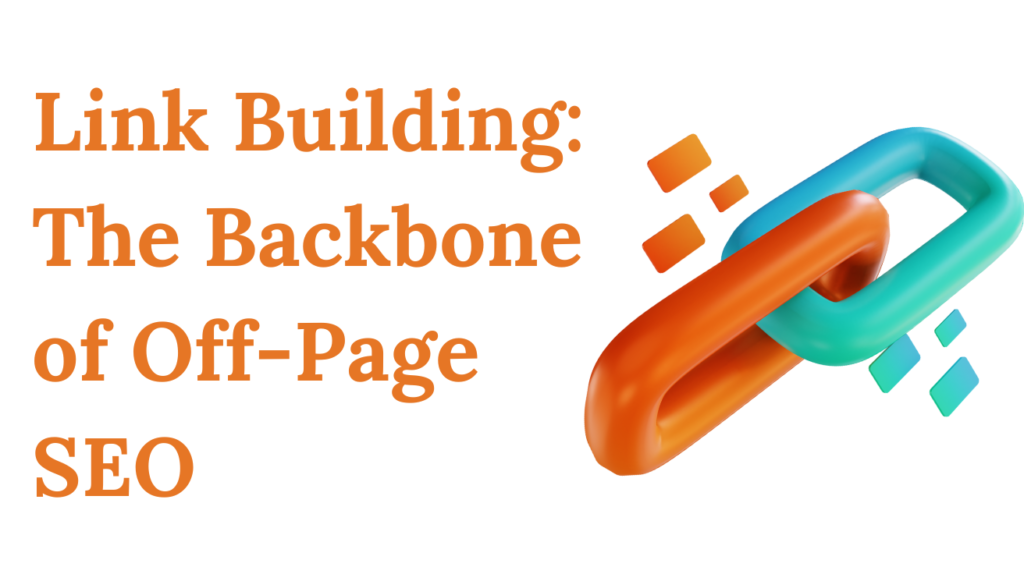
What is Link Building?
Link building is the process of obtaining links to your site from other websites. This is one of the most important off-page SEO tactics because it helps search engines determine your site’s authority and relevance.
How to Earn High-Quality Backlinks
High-quality backlinks come from reputable, relevant websites. You can earn them by creating valuable content, guest blogging, and building relationships with influencers in your niche.
Avoiding Black Hat SEO Tactics
Black hat SEO refers to unethical practices such as buying backlinks or using spammy tactics. These can provide short-term gains, but can also result in penalties from search engines, which can hurt your rankings in the long run.
Where to Find Copy Typing Jobs
Copy typing jobs are frequently posted on freelancer and people-per-hour platforms. Opportunities may also be found by contacting particular companies or people who require document digitization.
The Importance of User Experience (UX) in SEO
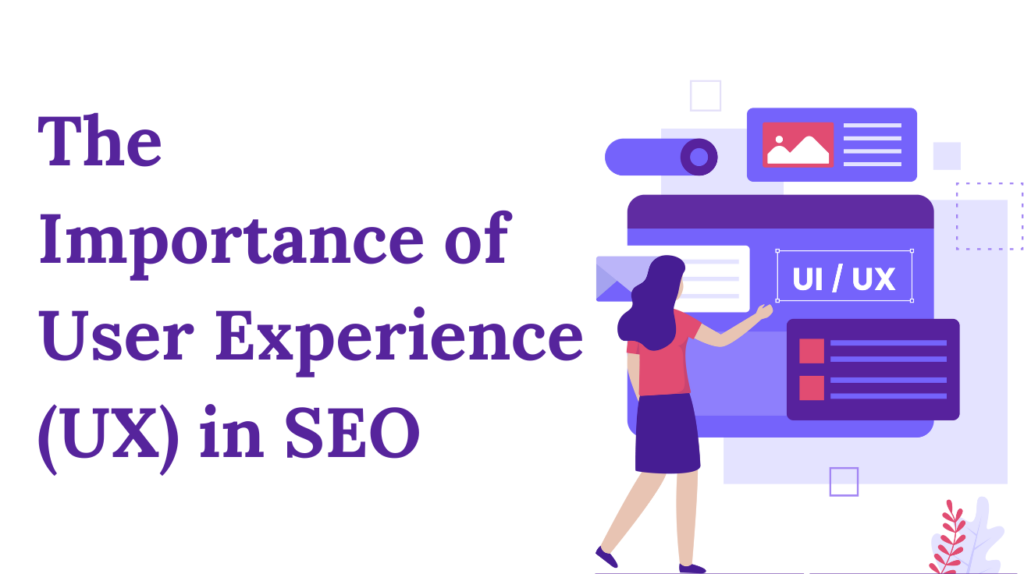
How UX Affects SEO Rankings
A positive user experience can significantly boost your SEO. Search engines favor websites that are easy to navigate, load quickly, and give users the information they need.
The Role of Site Navigation and Layout
A well-organized site structure makes it easier for search engines to crawl and index your content. It also enhances user experience, keeps visitors on your site longer, and reduces bounce rates.
Enhancing User Engagement and Reducing Bounce Rate
Bounce rate refers to the percentage of visitors who leave your site after viewing just one page. A high bounce rate can negatively impact your rankings, so creating engaging content and providing clear navigation is essential to keep users on your site.
Local SEO: Optimizing for Local Search Results
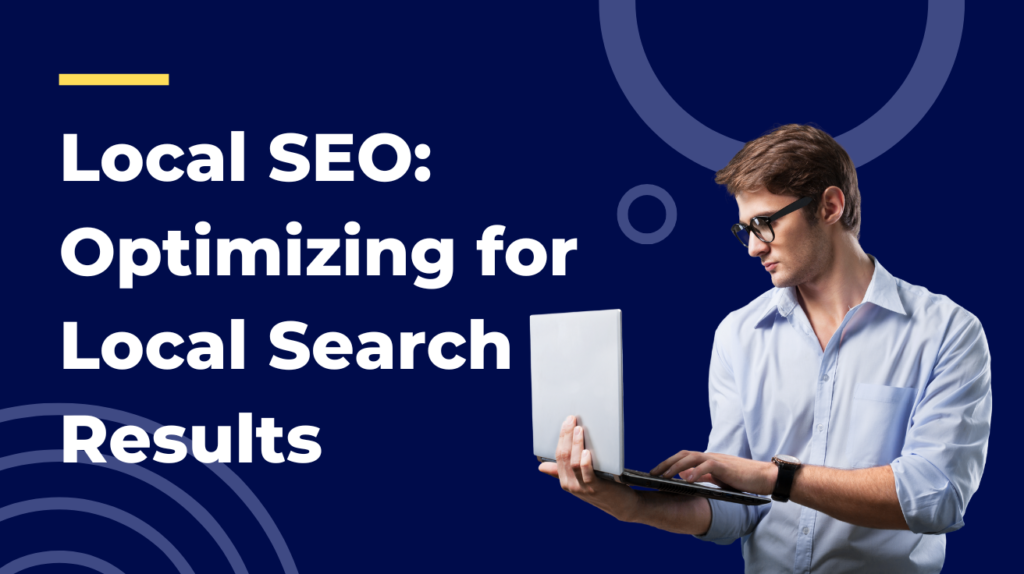
Why Local SEO is Important for Small Businesses
Local SEO helps businesses appear in local search results, so nearby customers can easily find you. This is especially important for small businesses like restaurants, stores, or service providers.
Google My Business and Its Importance
Google My Business (GMB) is a free tool that lets you manage how your business appears on Google search and Google Maps. Optimizing your GMB profile can help your business standout in local searches and attract more customers.
Building Local Citations and Reviews
Local citations (mentions of your business name, address, and phone number) on directories like Yelp, and positive customer reviews can boost your local SEO efforts, making you more visible in local search results.
Mobile SEO: Optimizing for Mobile Devices

The Increase in Mobile Searches
With the growing number of mobile users, it is important to optimize for mobile. A website that is not mobile-friendly can lose traffic and fall behind in search rankings.
How to Ensure Your Site is Mobile-Friendly
To make your site mobile-friendly, focus on responsive design, fast loading times, and easy navigation. Google offers a Mobile-Friendly Test tool with which you can check the performance of your site.
Mobile-First Indexing Explained
Google’s mobile-first indexing means that it primarily uses the mobile version of your site for ranking and indexing. This makes it even more important that your website is optimized for mobile users.
SEO Tools You Need to Success
Google Search Console and Google Analytics
Google Search Console helps you monitor your site’s performance, fix issues, and optimize your presence in Google’s search results. Google Analytics provides insights into user behavior, traffic sources, and much more.
Keyword Research Tools (Ahrefs, SEMrush, etc.)
Tools like Ahrefs and SEMrush allow you to analyze your competition, find profitable keywords, and track your SEO performance.2222
Site Auditing Tools
Site auditing tools can help identify technical issues on your website that may be holding back your SEO performance. These tools analyze everything from broken links to slow page load times.
Common SEO Mistakes to Avoid
Keyword Stuffing
Overloading your content with keywords can lead to penalties from search engines. Instead, focus on naturally integrating keywords that enhance readability and user experience.
Avoiding Mobile Optimization
Ignoring mobile optimization can negatively impact rankings, particularly for Google since it prioritizes mobile searches.
Ignoring Technical SEO
Even the best content will not rank if your site has technical issues. Always ensure that your website is secure, fast, and easy to navigate.
The Future of SEO: What to Expect
AI and Machine Learning in SEO
Artificial intelligence (AI) and machine learning are increasingly influencing search algorithms. Google’s AI-powered algorithm, RankBrain, helps the search engine understand user intent and deliver more relevant results
Voice Search and Its Growing Importance
With the rise of voice-activated devices like Google Home and Amazon Alexa, it’s becoming more important to optimize for voice search. Focus on answering specific, conversational queries in your content.
The Transition to Video and Image Content
Visual content, especially video, is becoming more dominant in SEO. As search engines evolve, they are increasingly favoring rich, multimedia content, meaning it’s essential to incorporate video into your SEO strategy.
Analyzing the Success of SEO
Tracking SEO Metrics and KPIs
Key Performance Indicators (KPIs) such as organic traffic, keyword rankings, and conversion rates help measure the success of your SEO efforts.
How to Monitor Your SEO Progress
Using tools such as Google Analytics and SEMrush, you can monitor your SEO progress and make adjustments based on your performance data.
The Importance of Ongoing SEO Adjustments
SEO is not a one-time effort—it demands constant updates. Algorithms change, competitors evolve, and search trends shift. Regularly updating and refining your SEO strategy is crucial for long-term success.
Conclusion: Why SEO is a Long-Term Investment
SEO is not a quick fix, but rather a long-term investment in the success of your website. By improving your search rankings, you will gain more visibility, drive traffic, and build credibility over time. Even if results are not immediate, the benefits of SEO will continue to grow with sustained effort. It is a crucial tool for anyone who wants to succeed in the ever-evolving online landscape.
FAQs
1. What is the main purpose of SEO?
The main purpose of SEO is to improve a website’s visibility on search engines, which drives organic traffic, increases engagement, and ultimately boosts sales or conversions.
2. How long does it take to see SEO results?
SEO is a long-term strategy, and results can take 3 to 6 months to appear, depending on competition, targeted keywords, and the website’s current standing.
3. What is the difference between on-page and off-page SEO?
On-page SEO involves optimizing elements of your website, such as content and keywords. Off-page SEO refers to external factors such as backlinks and social signals that improve your site’s authority and ranking.
4. Can I do SEO myself, or should I hire a professional?
Although you can implement basic SEO strategies yourself, hiring a professional can provide you with advanced results, especially for competitive industries or large websites.

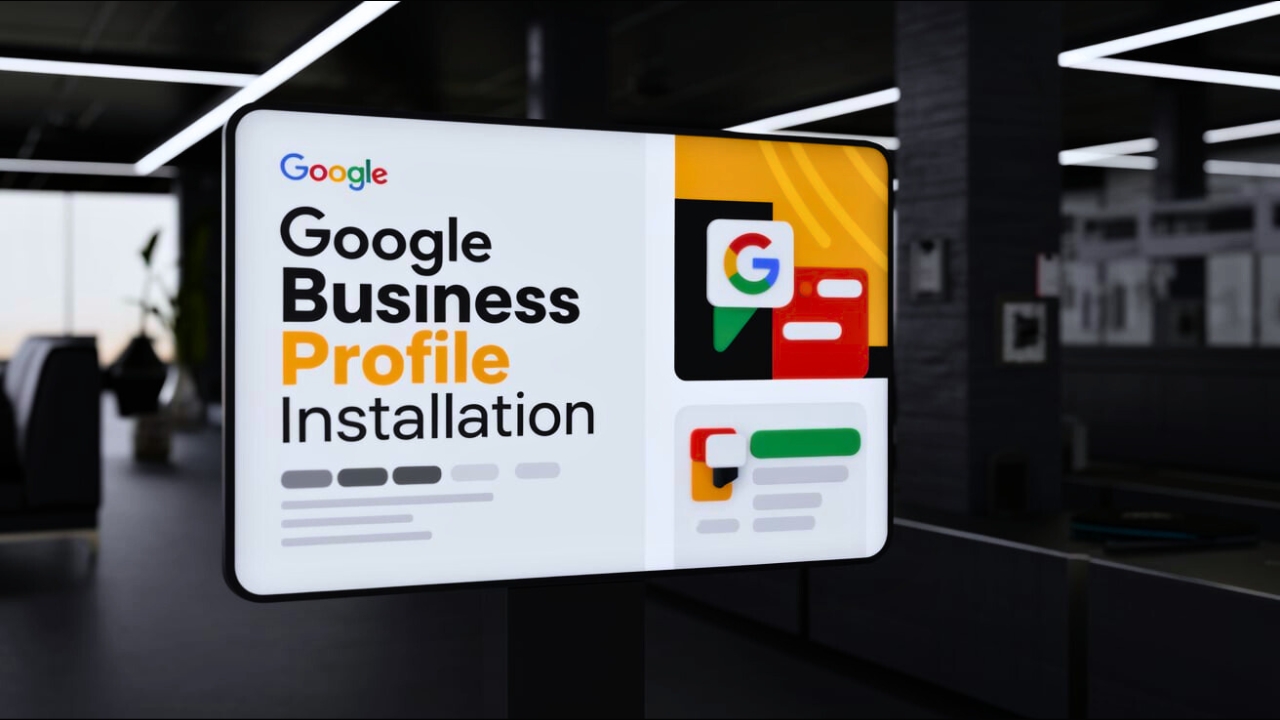
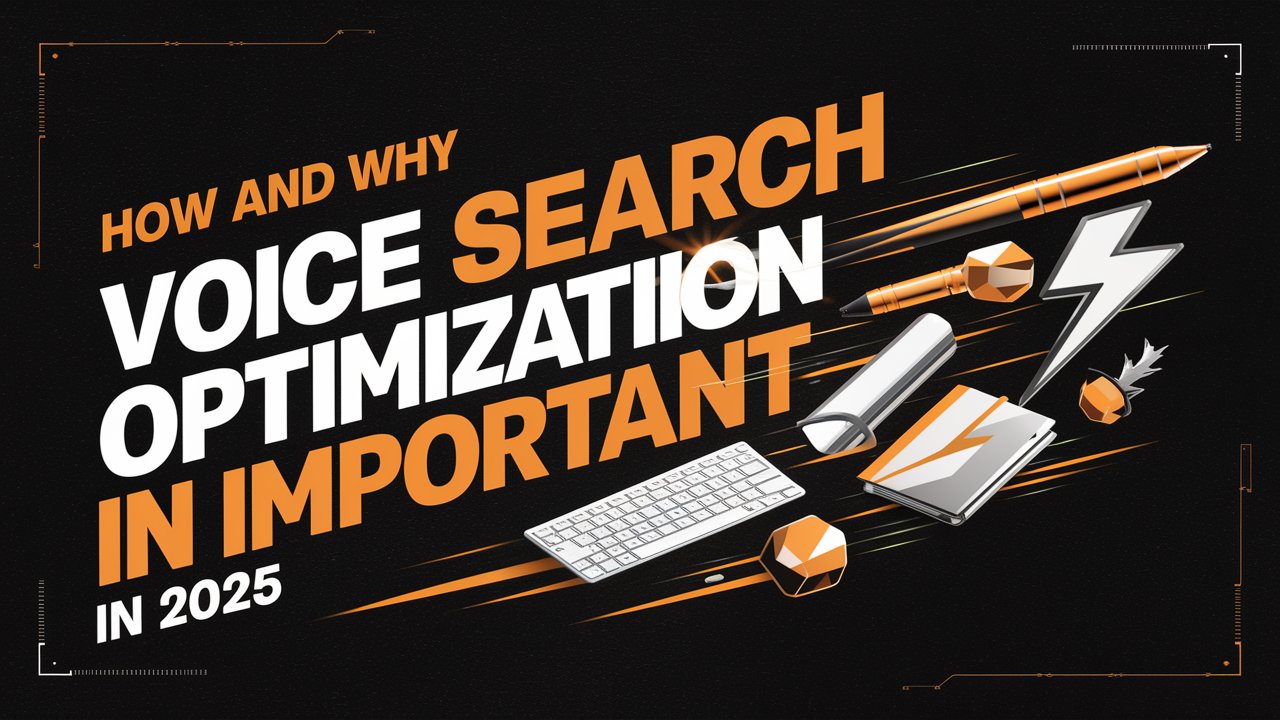


I am regular visitor, how are you everybody? This article posted
at this web site is actually good.
Thank U so Much
Hi, i think that i saw you visited my web site thus i came to
“return the favor”.I am trying to find things to improve
my web site!I suppose its ok to use some of your ideas!!